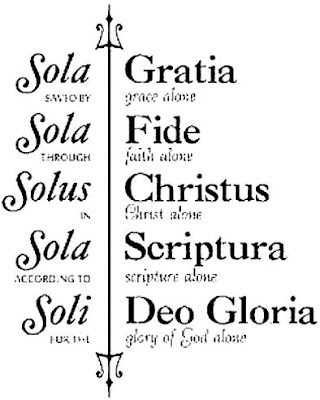My name is James Austin Skaggs. James was the first name of my father and his father. Austin was the middle name of my maternal grandfather. I was born—I was told—on May 29, 1946, in Clarksburg, West Virginia.
My mother, Mary Elizabeth Bond (1911-2009), belonged to a family that had lived in West Virginia for generations, well before there was a West Virginia. She was the fifth of eight siblings and even after suffering dementia late in life she could recite their names in birth order: Beatrice, Walter, Stanley, Harold, Mary, Richard, Charles, and Robert. The youngest, Robert, was killed in the Second World War. His middle name, Levi, was also the name of a great-uncle killed fighting for the Union in the Civil War. Mom was born, and lived her early life, on the family farm on Canoe Run near Roanoke, West Virginia. By the time she was school-age, the family had moved to Salem, West Virginia, where she grew up. She attended Salem College, where she trained to be a physical education teacher. She taught high school girls physical-ed after graduating. The Bonds had been Seventh Day Baptist since the 1700s. Mom was baptized and became a member of the Salem Seventh Day Baptist Church.
Dad, James Leland Skaggs (1912-2003), was born in Shiloh, NJ, where his father, James Leroy, was pastor of the Shiloh Seventh Day Baptist Church. Dad's grandfather had also been a Seventh Day Baptist pastor, and his younger brother would become one (as would Dad's brother-in-law, Charles, my mother's younger brother, who married my father's younger sister). Except for his time in the Army, Dad was known as Leland, or "J.L." Dad was one of five siblings: Alison, Evalyn, Leland, Margaret, and Victor. A Baptist pastor's family tends to move from one pastorate to another. When Dad was in high school his father was pastor of the Milton, Wisconsin, Seventh Day Baptist Church. Dad graduated from Milton College in that town, in 1933, just after his father had been called to another church in the East. After graduation, Dad moved to New York City, where he taught college mathematics evenings and attended graduate school.
Dad and Mom probably first met at one of the annual Seventh Day Baptist General Conference sessions. The first time they ever spent time alone together was after driving Dad's sister, Margaret, and mother's brother, Charles, newly married, from Salem to their honeymoon hotel in Clarksburg, West Virginia. They stayed in touch, Dad in NYC, and Mom in Salem. Mom and Dad married the Monday after Easter in 1942. Dad's father, now pastor in Salem, presided over the ceremony. The wedding hadn't been planned for that date, but World War II had begun and Dad expected to be drafted, and soon after, was.
During the war, Dad was a Lieutenant in the Army Signal Corps and taught radio to soon-to-be infantry radiomen. The classes were held in Convention Hall, near the Boardwalk, in Asbury Park, NJ. Mom joined him there for the duration.
I was born just after the war and the following winter, we moved to Milton, Wisconsin, where Dad was a Math professor, later Registrar, and briefly Acting President, at Milton College where he spent the rest of his professional life apart from a time in the military again during the Korean War. This time he was stationed at Camp Gordon near Augusta, Georgia, commanding a basic training company.
My brother, Samuel Bond Skaggs, was born in July of 1951 after Dad had been called up. Mom returned to her parents in West Virginia until after Sam arrived when the three of us joined Dad in Georgia. Then back to Milton. Our lives there centered around the Milton Church and the College.
Mom joined the College faculty as the women's Phy-ed teacher and the Counselor for Women.
Sam and I both grew up in Milton and graduated from Milton College. After graduation, and not being drafted, I taught one year at Milton Union High School, attended graduate school for one year at William & Mary, and accepted a position teaching history and political science in the Madison, Wisconsin, public schools. I retired in 2005 and still live in Madison. Sam spent his entire professional career as an accountant for the Northwestern Mutual Life Insurance Company, living in Milwaukee, where he still lives. Neither of us married. We stay closely in touch.



















